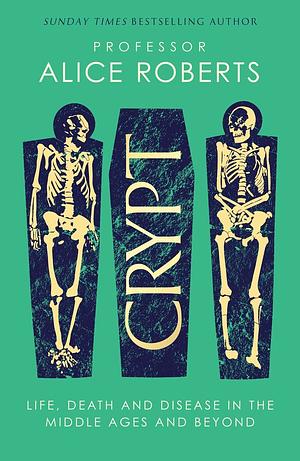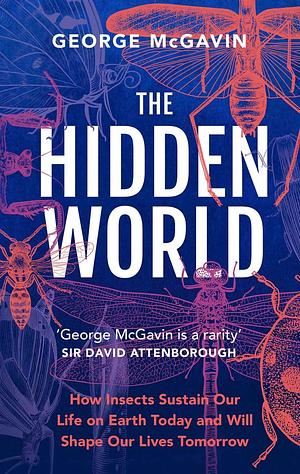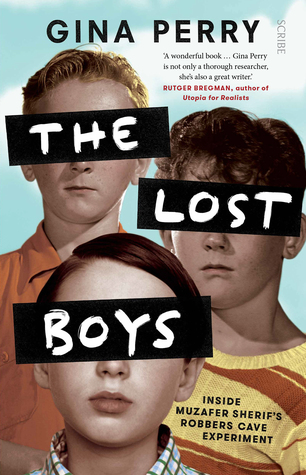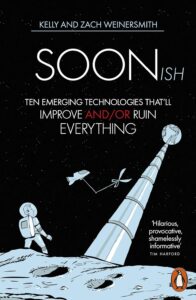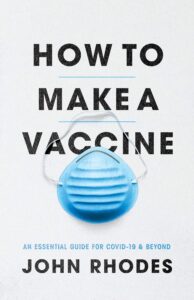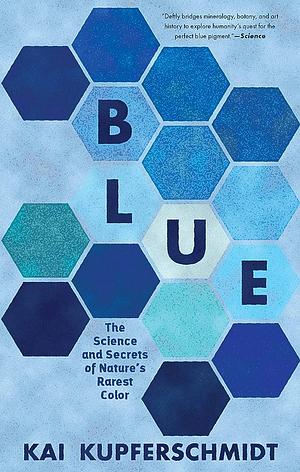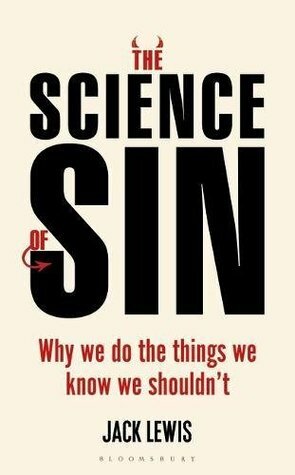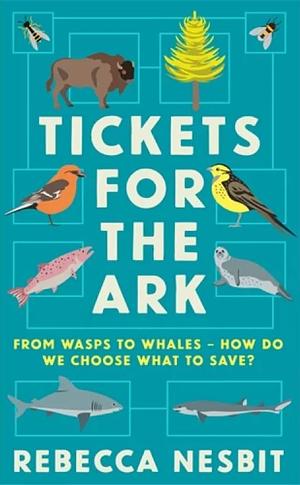
Ghosts in the Hedgerow
by Tom Moorhouse
Genres: Mystery, Non-fiction, SciencePages: 271
Rating:

Synopsis:A body lies motionless on the ground. Small, with a snouty head and covered with spines, it is unquestionably dead before its time. And all of those gathered around the corpse are suspect. So which one of them is responsible for this crime - and for the disappearance of many many thousands of hedgehogs in recent decades?
Is it the car driver, the badger, the farmer, the gardener ..? Who could possibly have it in for a hedgehog? In poll after poll they come out top as our favourite mammal. And yet their numbers are estimated to have halved in less than twenty years. Magnifying glass in hand, Tom Moorhouse investigates the evidence. On a vital mission to bring those responsible to justice, prevent further murder and save a species, he uncovers a story full of twists, turns and uncomfortable truths about the trade-offs that exist between humans and wildlife. But he can also see a solution.
Tom Moorehouse’s Ghosts in the Hedgerow tries to use the whodunnit format to interrogate what might be causing the decline in hedgehog numbers seen in the UK in recent years. It does undermine the whole premise right from the get-go by explaining that the decline is only really known anecdotally: hedgehog numbers aren’t really properly counted, and we rely on a bunch of estimates which aren’t really comparable between decades (e.g. between hunters trying to kill hedgehogs before they became a protected species, who would specifically seek them out, and now birdwatchers who may incidentally spot hedgehogs).
Nonetheless, he makes a convincing case that their numbers are declining (which I didn’t really doubt in the first place), and then trots through the suspects: road traffic, badgers, farmland bereft of hedgerows (in contrast to traditional farming), and home/garden design. None of the suspects are surprising if you’ve been at all awake to hedgehog ecology (which I have, as my parents have a hedgehog-friendly garden, and my garden is as well), and of course the final answer isn’t surprising either: it’s all of those things.
It’s a fun idea for a format, but if you’re already interested in hedgehogs, there isn’t much new here. The exact details of how hedgehogs and badgers interact were new to me, but that was about it. However, if you don’t know much about hedgehogs, other than finding them cute, then this could very well be a fun and easy way to learn more, and learn about how to make a difference to them.
To sum it up very quickly: cut holes in your fences so hedgehogs can pass through, use strimmers with caution, don’t use autonomous lawnmowers, rewild your garden, put out some supplementary food for them and a bowl of water, and try to convince other people to do the same (while writing to your MP etc etc about making changes in law). And don’t drive a car, especially not as it starts to get dark and through the night, when hedgehogs roam.
Rating: 3/5

